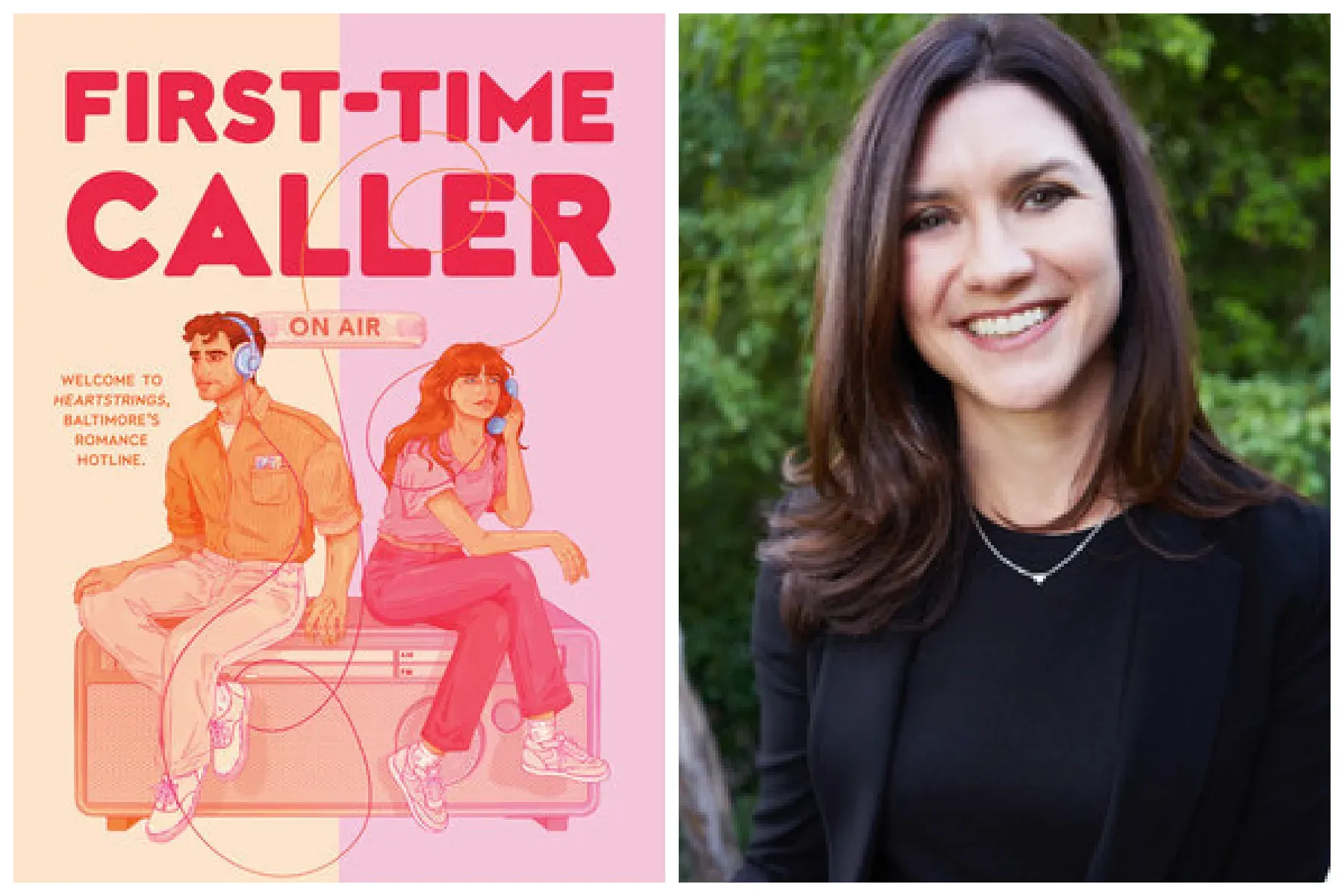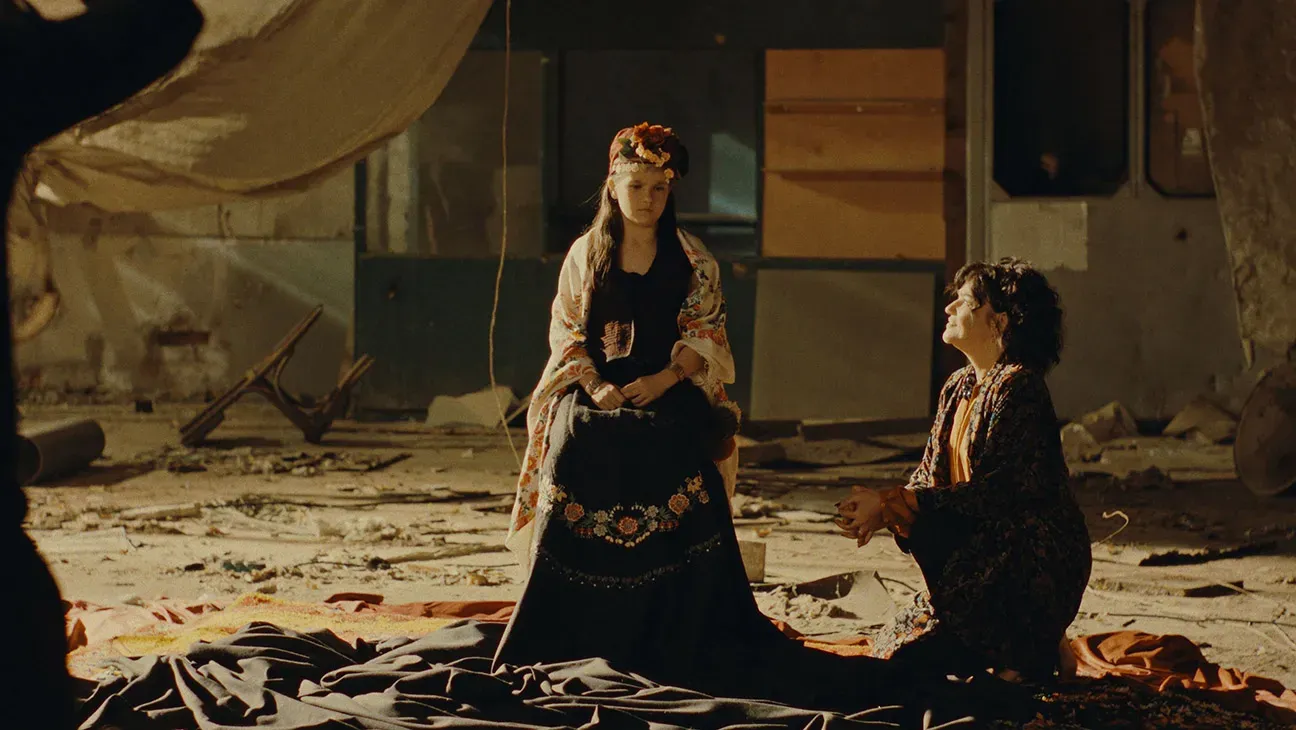
The Unconventional Journey of Director Nia DaCosta
- Oct 23, 2025
A pioneer in the realm of movie making, Nia DaCosta is renowned for her creative dexterity as she seamlessly weaves through different genres and various scales of filmmaking. This black woman director, while still in the early stages of her career, has already made a name for herself working on big-budget films.
One of her sterling works includes “Little Woods”, a small-scale crime Western that effectively imbibed the spirit of sisterhood in a story revolving around economic depression. The success of this debut film led her to direct high-profile projects such as the sequel to the horror film "Candyman" and the comic-book-based film "The Marvels". DaCosta's latest work, “Hedda” is a dramedy that explores high society from a queer perspective.
Produced by Amazon MGM Studios, “Hedda” is an adaptation of Henrik Ibsen’s play Hedda Gabler, which showcases a compelling return to character-based storytelling, a quality also seen in “Little Woods”. In "Hedda", DaCosta and actress Tessa Thompson together have imaginatively portrayed a complex black woman whose identity and role constantly meet scrutiny.

Interestingly, DaCosta’s portfolio demonstrates her broad creative repertoire, veering from intimate indie films to large-budget comic book movies. The director believes her flexible approach enables her to apply lessons learned across different genres. For instance, working on Marvel films, entertaining 80-day shoots, and managing a variety of departments, cast, and crew enhances efficiency and understanding in filmmaking, which she can then apply to indie films.
In her quest to portray complex female characters, DaCosta consulted actresses who have previous experience playing Hedda. These insightful discussions resulted in a unique portrayal of a character that is even today considered unlikable by many viewers.
Setting “Hedda” during the 1950s in England was a carefully planned decision by DaCosta, as it captures an era of repression and societal recovery post-World War II. Also, it allowed her to explore elements of class in relation to gender, something that has fascinated her. Ultimately, DaCosta's rich narratives are a testament to her dedication to presenting complex character arcs, all while challenging norms and stylistic conventions.







